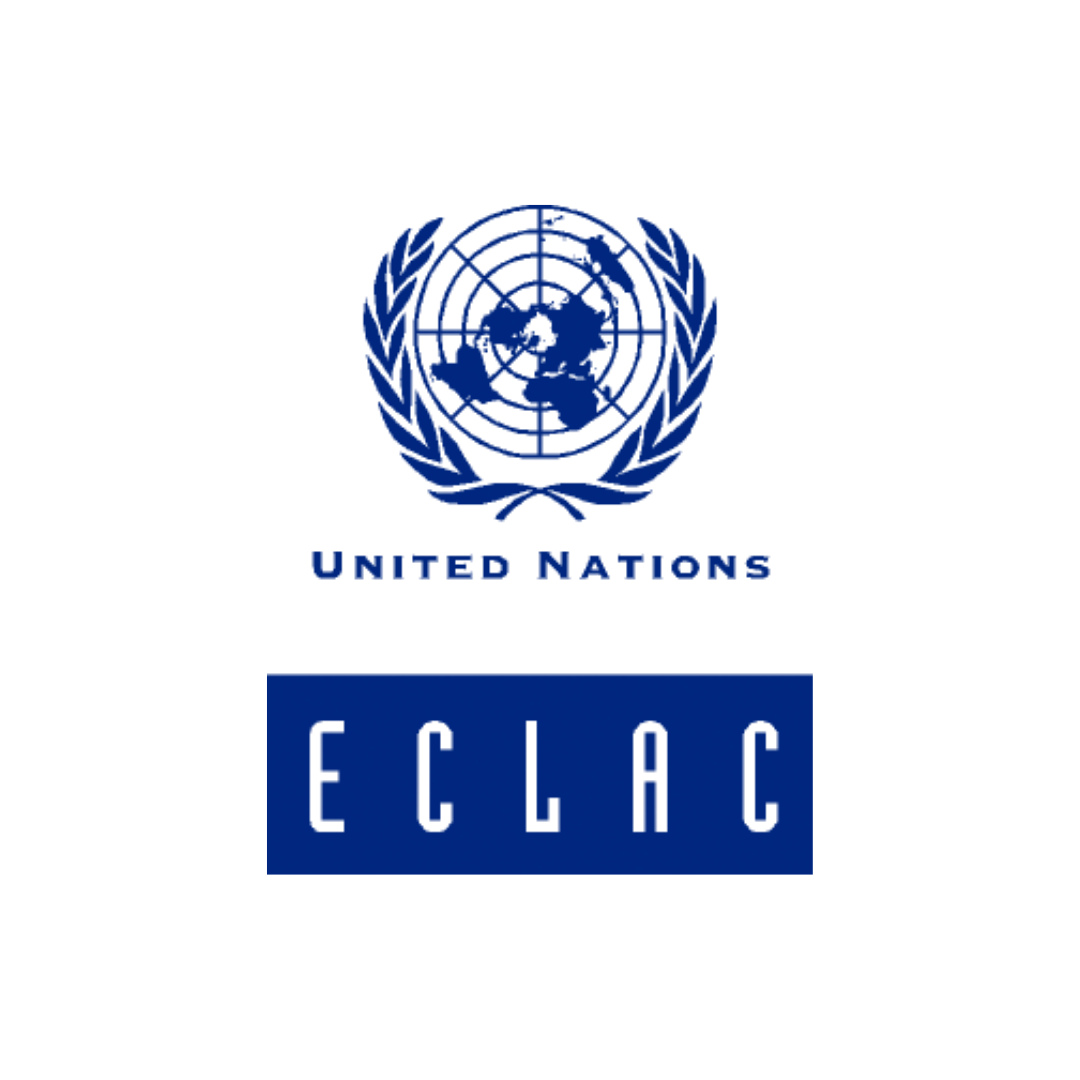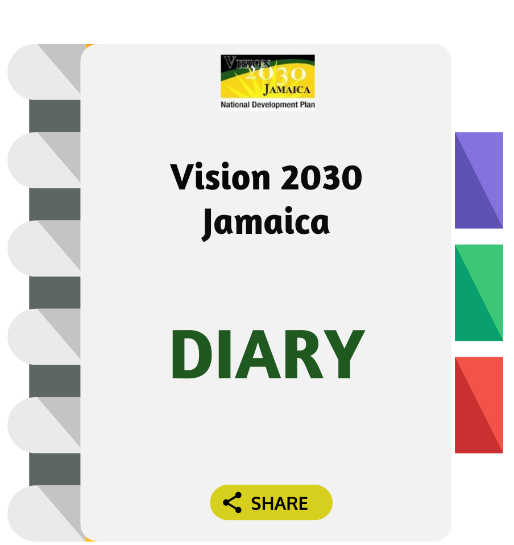Blog
National Development Planning in the context of the COVID-19 pandemic: An ECLAC Perspective (January, 2021)

The COVID-19 pandemic has caused a significant disruption in the lives and livelihoods of individuals and households as much as it has disrupted the social structure of communities and the economies of nations. It is a public health shock with impact in all the other sectors. As the Economic Commission for Latin America and the Caribbean (ECLAC) noted, the pandemic has “exacerbated existing vulnerabilities and inequalities in Caribbean society, including with regard to access to information and communication technologies (ICTs) and education services, food insecurity, as well as the situation of women and girls with the significant increase in gender-based violence. It has also posed a considerable challenge to governments, already burdened by high levels of public debt and debt service payments, to provide support to struggling businesses and to the increasing numbers of unemployed, particularly those in the informal sector. Those working in the tourism sector have been hit especially hard.”[1]
Given the broad nature of COVID-19 impact, planning for development must take centre stage in building forward better as countries advance their national development goals and priorities while striving to achieve the Sustainable Development Goals (SDGs) in the context of the COVID-19 pandemic and in anticipation of a post-pandemic adjustment. An adjustment that becomes critical in a policy environment in which poverty and inequality have grown; employment and underemployment, especially in the informal sector and service industry, have risen; and income levels have shrunk.[2] Addressing these socioeconomic challenges, in addition to the public health challenges occasioned by COVID-19, has stressed the social safety net of many countries and further puts many Caribbean small island developing States (SIDS), including Jamaica, at an increased risk of unsustainable public debt burden.
Given the transformative nature of Building Forward Better, development planning must, therefore, be based on a transformative model. For ECLAC, the pandemic offers an opportunity to build a new future by promoting a big push for sustainability through a combination of economic, industrial, social and environmental policies capable of driving a recovery with equality and sustainability, and relaunching development in the region. [3] This should be based on a model that addresses current challenges while anticipating future changes in the development landscape. For instance, as Caribbean countries rebuild their economies, focus should not only be on bringing back lost jobs but in creating new job opportunities that take advantage of the global economy that would emerge out of the COVID-19 pandemic. Hence, development plans and the developing planning process must advocate for economic diversification, promote investment in innovation and create an environment for promoting and sustaining a workforce empowered with the skills that these unprecedented times require. In the pursuit of all these, however, equal attention should be paid to social development, gender equality and environmental sustainability. It is practical that some development objectives, as do some SDGs, may conflict and require trade-offs, objectively managing these trade-offs for optimal outcome, paying due cognizance to shocks—not only economic and environmental shocks, but also pandemics as we have come to learn from COVID-19— should form the cornerstone of development planning models.[4]
In the preparation of their Voluntary National Reviews of the progress towards the implementation of the 2030 Agenda for Sustainable Development and the attainment of the SDGs in the long-term, and through the monitoring of their national COVID-19 caseload and the implementation of COVID-19 relief measures in the short-term, Caribbean governments have come to appreciate the importance of good quality, timely and disaggregated data for evidence-based actions and policymaking. However, most development plans are not yet substantiated with robust data. “A sustainable future for the Caribbean, where the development trajectory has been so severely disrupted by COVID-19, cannot be achieved without dedicated, well-articulated plans to bring the future into the present.”[5] As such, integrated development plans that sufficiently reflect a desired future in current development activities must be rich in data. Thus, development planning must become “an essential governance tool for mapping objectives and establishing baselines; allocating resources across all economic sectors; mapping and measuring risk; monitoring, measuring and assessing progress; and taking strategic decisions to adjust the development path as required.”[6]
Looking ahead, development plans will become even more important in linking the different sectors of the economy and aligning national development priorities and commitments to internationally-agreed development goals such as the SDGs. Greater considerations should be given to monitoring and evaluation in the national and subnational development planning mechanism with in-built flexibility to reassess development goals and targets, adjust development strategies, and reallocate resources as the situation demands.
* Abdullahi Abdulkadri is Coordinator, Statistics and Social Development Unit, Economic Commission for Latin America and the Caribbean (ECLAC), Subregional Headquarters for the Caribbean; Maria Ortiz Perez is Deputy Chief of Staff, Office of the Executive Secretary, ECLAC; and Lydia Rosa Geny is Political Affairs Officer, Office of the Secretary of the Commission, ECLAC.
[1] ECLAC, The Caribbean Outlook: forging a people-centred approach to sustainable development post-COVID-19 (LC/SES.38/12), Santiago, 2020, page 5.
[2] ECLAC, “The social challenge in times of COVID-19”, COVID-19 Special Report, No. 3, Santiago, 12 May 2020.
[3] ECLAC, Building a new future: Transformative Recovery with Equality and Sustainability, (LC/SES.38/3-P/Rev.1), Santiago, 2020.
[4] ECLAC, The Caribbean Outlook: forging a people-centred approach to sustainable development post-COVID-19 (LC/SES.38/12), Santiago, 2020.
[5][5] ECLAC, The Caribbean Outlook: forging a people-centred approach to sustainable development post-COVID-19 (LC/SES.38/12), Santiago, 2020, page 55.
[6] ECLAC, The Caribbean Outlook: forging a people-centred approach to sustainable development post-COVID-19 (LC/SES.38/12), Santiago, 2020, page 55.
Written by: Abdullahi Abdulkadri, Maria Ortiz Perez, and Lydia Rosa Gény*
Up Next: Manufacturing and Export; Key Challenges and The Way Forward In Supporting Sustainable Development



